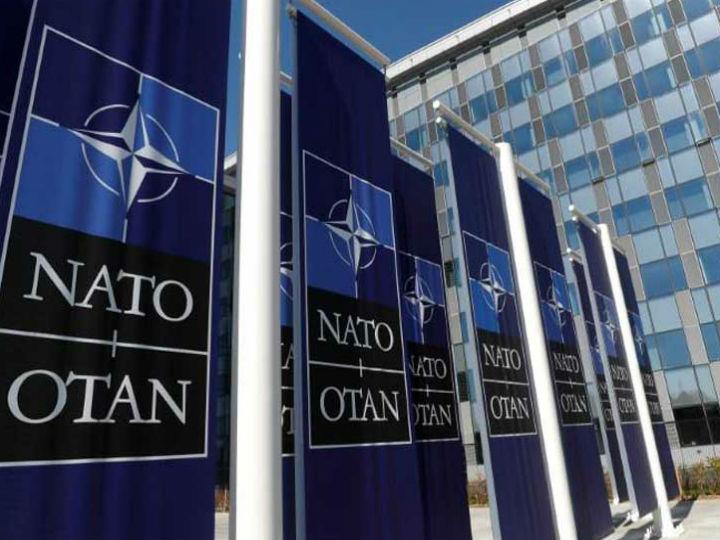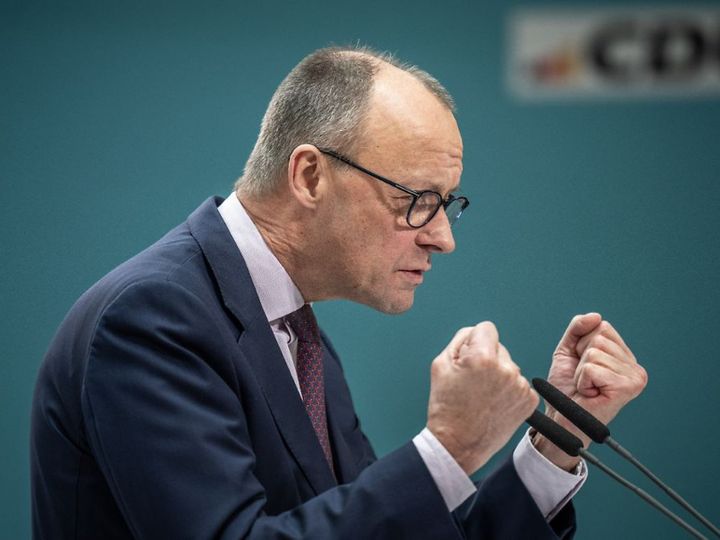by Hans Izaak Kriek*
President Donald Trump abruptly canceled a planned news conference on the sidelines of the NATO meeting last Wednesday, after tensed exchanges with other world leaders.
“When today’s meetings are over, I will be heading back to Washington,” Trump tweeted. “We won’t be doing a press conference at the close of NATO because we did so many over the past two days. Safe travels to all!”
During a handful of sessions with French President Emmanuel Macron, NATO Secretary General Jens Stoltenberg and Canadian Prime Minister Justin Trudeau, Trump and his fellow leaders addressed the press for a total of roughly two hours, with the American president dominating most of the discussion.
Those conversations included a number of contentious moments, particularly the bilateral with Macron, with whom Trump clashed over the fight against ISIS.
Those tensions peaked when a video surfaced overnight of other world leaders appearing to mock the president. The clip, which went viral, appeared to show Trudeau, Macron, British Prime Minister Boris Johnson and Dutch Prime Minister Mark Rutte joking about Trump during a reception at Buckingham Palace on Tuesday evening. Responding to what’s seen on a video, Trump blasted Trudeau as ‘two-faced’ and suggested he’d been irked by Trump’s complaints about Canada’s level of defense spending. Trump’s NATO summit also featured an impromptu huddle with Turkish President Recep Tayyip Erdogan at a moment when Trump has faced months of scrutiny over the administration’s posture toward Ankara and controversial shifts in Syria policy, coupled with skepticism of Turkey’s place in NATO by some members of the western military alliance.
But getting bad-mouthed by fellow world leaders was hardly the most consequential incident of the multifront battle the president has been waging over the past 48 hours.
Trump’s decision to scrap his news conference came moments before the House Judiciary Committee kicked off its first impeachment hearing, at which the majority of a panel of mostly Democrat-picked legal scholars is set to testify that Trump’s behavior toward Ukraine was “worse than the misconduct of any prior president.”
The president fielded numerous questions about the ongoing impeachment inquiry while in the United Kingdom, kicking off his trip earlier this week by unleashing an attack on Democratic lawmakers for holding hearings while he was abroad.
NATO survives its own birthday party despite verbal abuse. If you put the verbal fireworks in a row, then only one conclusion remains: NATO is sick. World leaders Donald Trump and Emmanuel Macron openly clashed at the London summit where NATO celebrated its 70th anniversary. Trump addressed Macron in a disparaging way. Macron, in turn, caught Trump lying.
Not a pretty picture. But it didn’t come unexpectedly. "It will be a top of egos who want to make themselves heard," predicted former NATO top diplomat and defense analyst Jamie Shea. ‘London’ will be the top of three machos: Trump, Macron and Erdogan. "
You can also tilt the image. With 70 years on the clock, NATO will last the longest of all international alliances. "Discussion makes sense," says NATO boss Jens Stoltenberg. "NATO has 29 countries, 29 democracies, 29 visions." He put an agenda on the table with the "common challenges" that NATO faces: international terrorism, the continuing concerns in the Eastern European NATO countries about possible Russian aggression and the rapid militarization of China.
It was amazing that nobody spoke about an impending mass army exercise in 2020 in which the NATO countries will jointly participate.
NATO and U.S. Army Europe forces will conduct “forcible entry” combat exercises in Lithuania, Georgia and Poland to prepare rapid response attack units for the possibility of war on the European continent. The Army’s 82nd Airborne division will drop into hostile territory to lead air assaults in as many as five attack operations across three allied countries of enormous strategic significance to NATO forces.
“Having our troops and allies involved in what is called a joint forcible entry will enable us to go in and take an area such as an airfield so it can used by friendly forces,” Col. Joe Scrocca, director of public affairs, U.S. Army Europe, told reporters at the Association of the United States Army annual symposium in October.
These exercises, which will closely resemble the weapons, tactics and combat strategies joint forces would be called upon to perform in the event of major enemy attack, will span across air, sea, land, cyber and space domains throughout Europe.
It is all part of a massive NATO-Army exercise called DEFENDER, the largest U.S.-based Army exercise of forces to Europe in the last 25 years, intended to mobilize large scale deployments with 20,000 army soldiers and as many as 17,000 U.S. allied forces.
Unlike many previous exercises at the Brigade Combat Team level, this operation will encompass large portions of the U.S. Army to include National Guard, Reserve and active units, Scrocca explained; the ops will be expansive, reaching numerous seaports, convoys and land-based combat facilities.
“We are going to bring this all together at the same time, multiple countries, multiple ports and multiple bases. Interoperability is about relationships, technology and systems. You have to be interoperable at the tactical and strategic level,” Scrocca said.
DEFENDER is scheduled to take place from April to May 2020, with personnel and equipment movements occurring from February through July 2020, an Army report said.
Overall, 18 of the 29 countries are expected to participate, with exercise activities occurring across 10 countries. Some of the key participants include Germany, the U.K., Norway, Sweden, Canada, Italy, Poland, Lithuania and others. Defender will include intermediate staging bases, river crossings, air and sea movements, rapid deployment ops, equipment transport and use of Army Prepositioned Stocks in Belgium and Germany.
While the exercise is of course intended to function as a massive deterrent against any kind of great power European attack on NATO, such as a Russian invasion, Scrocca emphasized that Defender will operate with a 360-degree focus to include the prospect of enemy attack from any direction.
At the same time, the countries chosen for forcible entry exercises clearly include areas of substantial strategic value when it comes to deterring possible Russian aggression. Furthermore, there has been a long process of escalating tensions with Russia, not only including the invasion of Ukraine several years ago but more recent problems as well. Some of these include the cancellation of the INF Treaty, increased development of low-yield nuclear weapons, new weapons testing, Eastern European force maneuvering and tense global hotspots including the two countries.
Nonetheless, Scrocca stressed that while the exercise may have some parallels to a large-scale training and preparation event during the Cold War called Reforger, Defender will be much different. Unlike a linear, mechanized attack against force concentrations in a fixed area of Europe, Defender will rely heavily upon dispersed combat networking, Air-Ground-Sea coordination, allied interoperability and newer technology.
“With Reforger we brought a lot of forces together into a fixed point in Germany against a known enemy in a known location. With Defender we will fight an unknown enemy in an unknown location. While there is a lot of attention paid to Russia, we do not know who our next enemy is going to be, so we have to be prepared for anything,” Scrocca said.
Conclusion: the NATO isn’t dead, doesn’t shy away from conflicts, but shows the power of the organization.
*International political commentator for European Business Review and editor-in-chief at Kriek Media




 By: N. Peter Kramer
By: N. Peter Kramer
